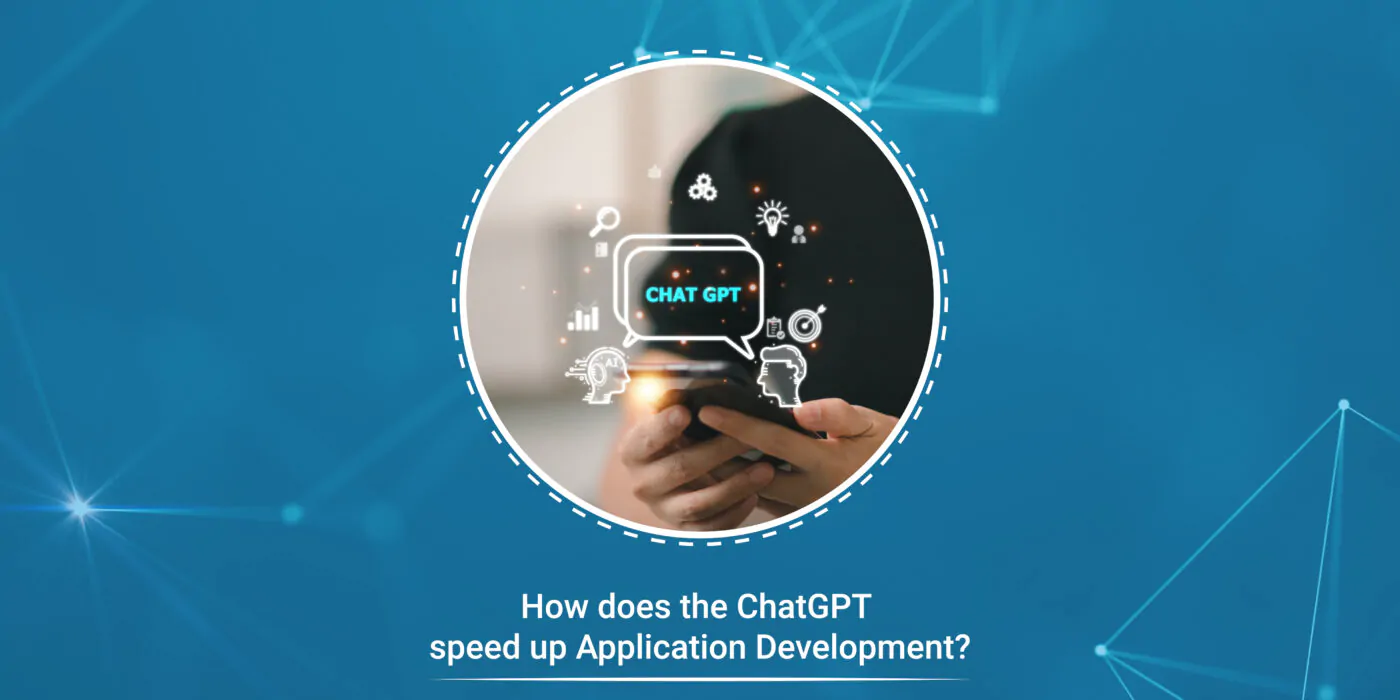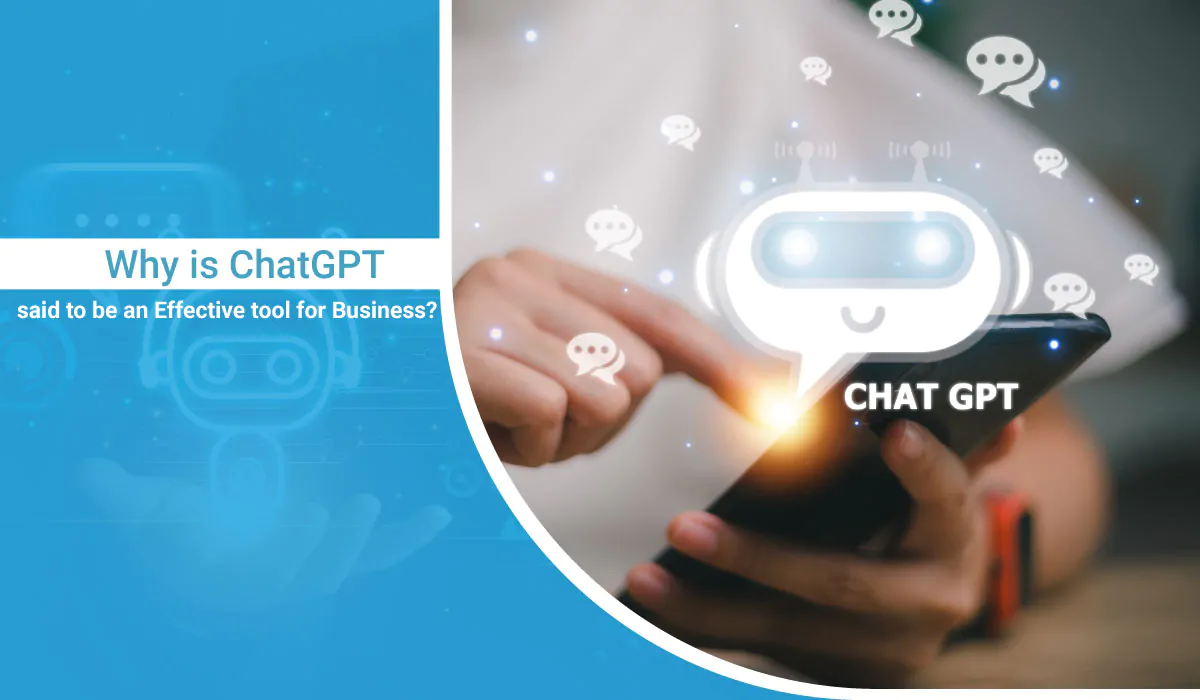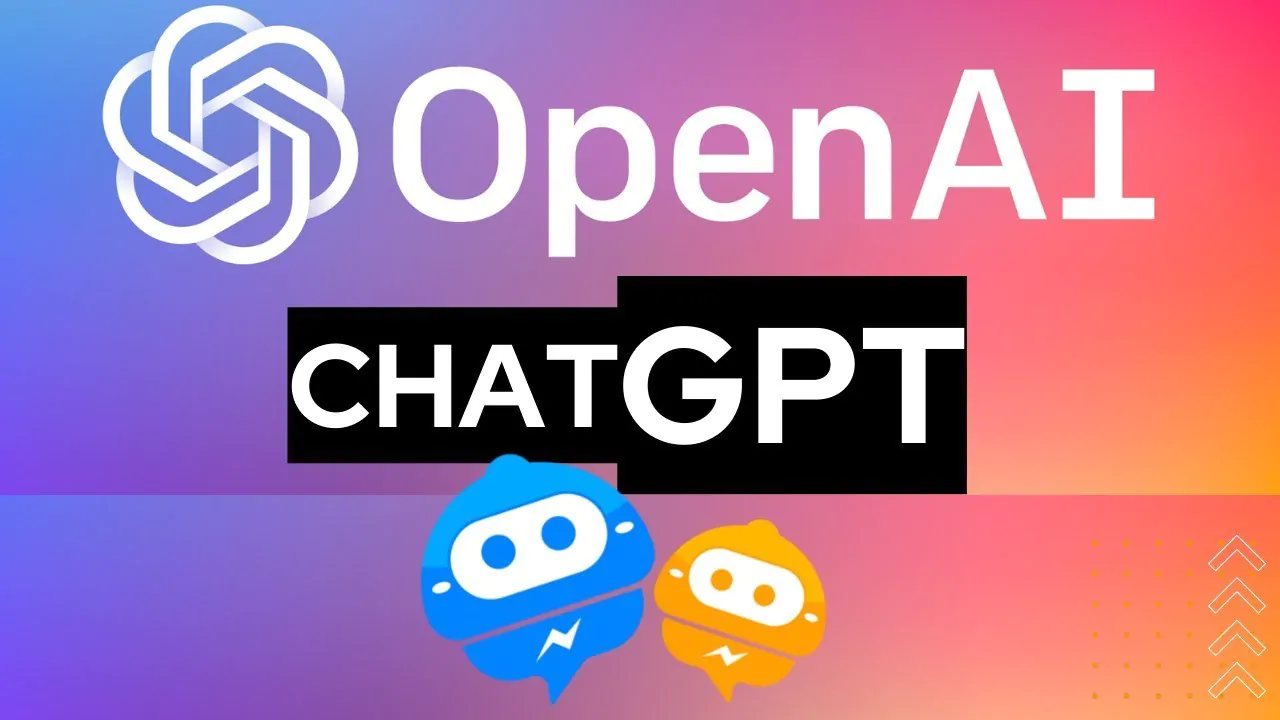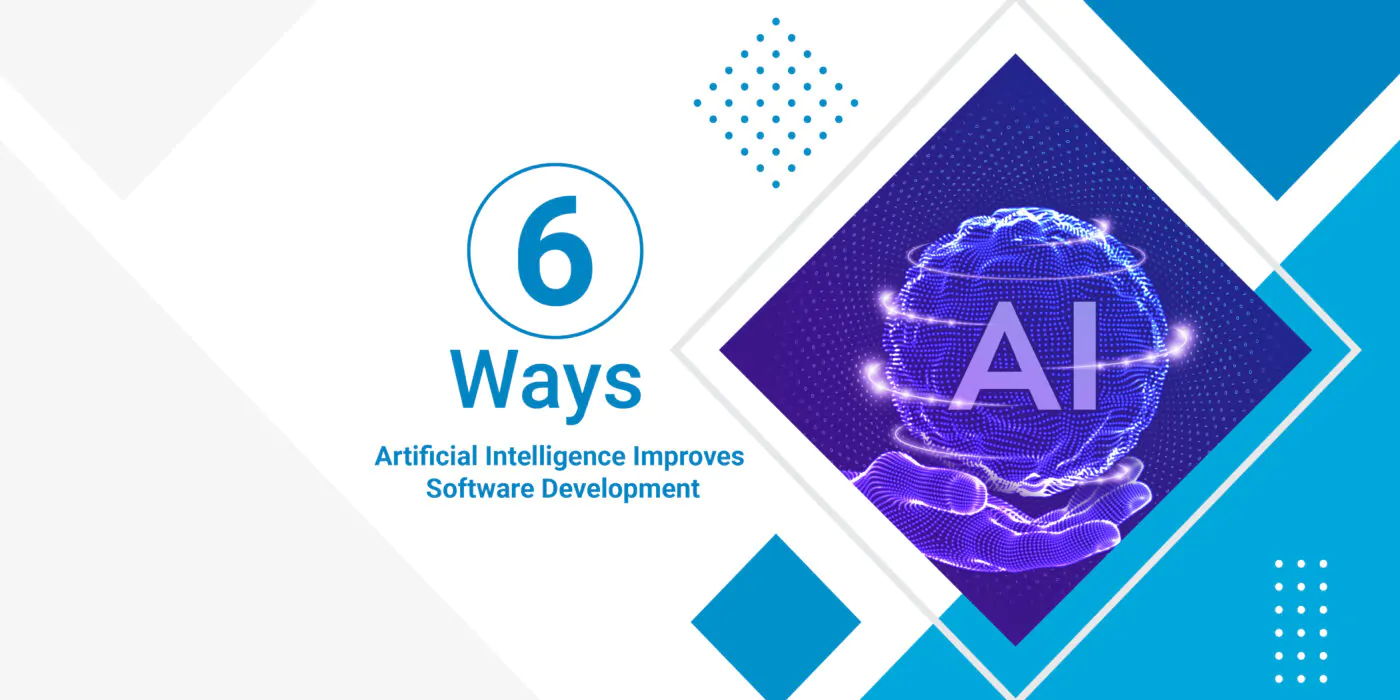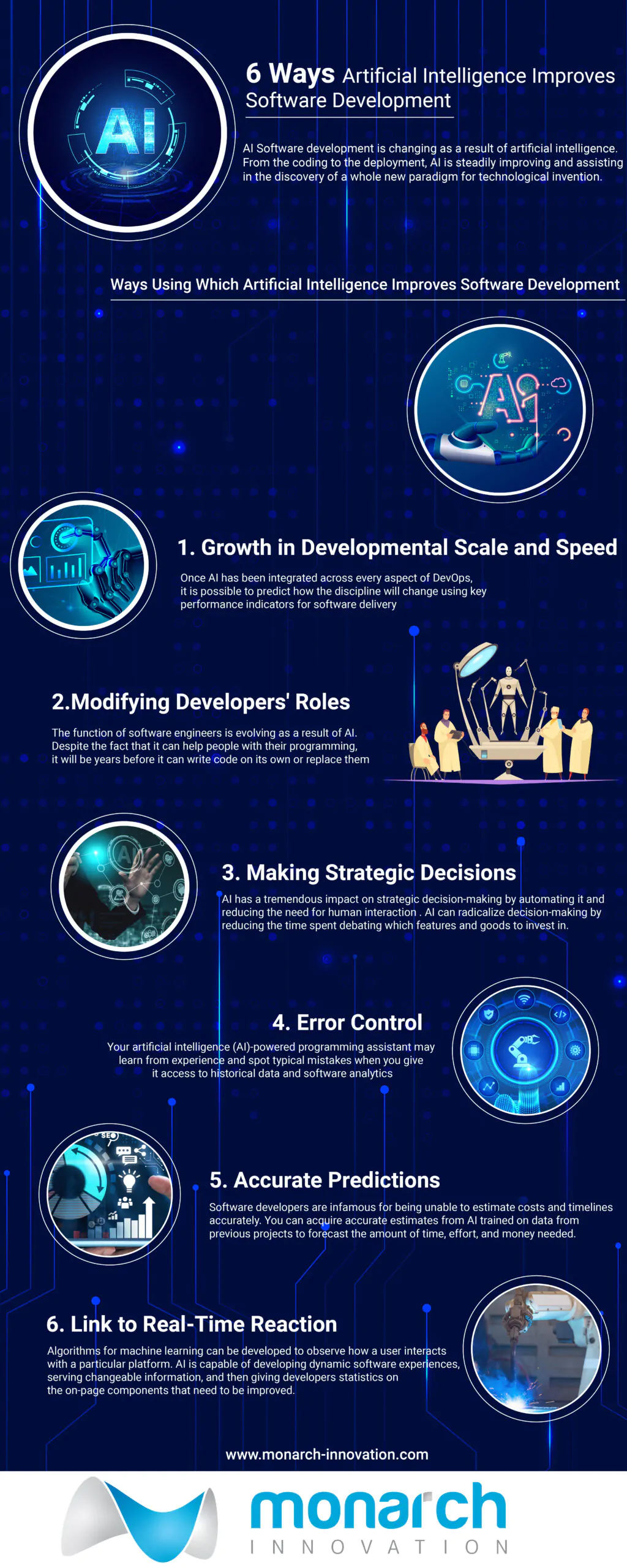You might hear about ChatGPT, the natural processing of languages (NLP) tool which will allow you to enjoy ease of use and speedy application development. Let’s first define NLP since we’re sure that you’re curious about what it is. NLP is a type of artificial intelligence that focuses on human-computer interaction. Computers through natural language. It helps computers comprehend interpret, comprehend, and produce human languages. The technology has numerous applications, such as translating languages, text analysis chatbots, and text analysis.
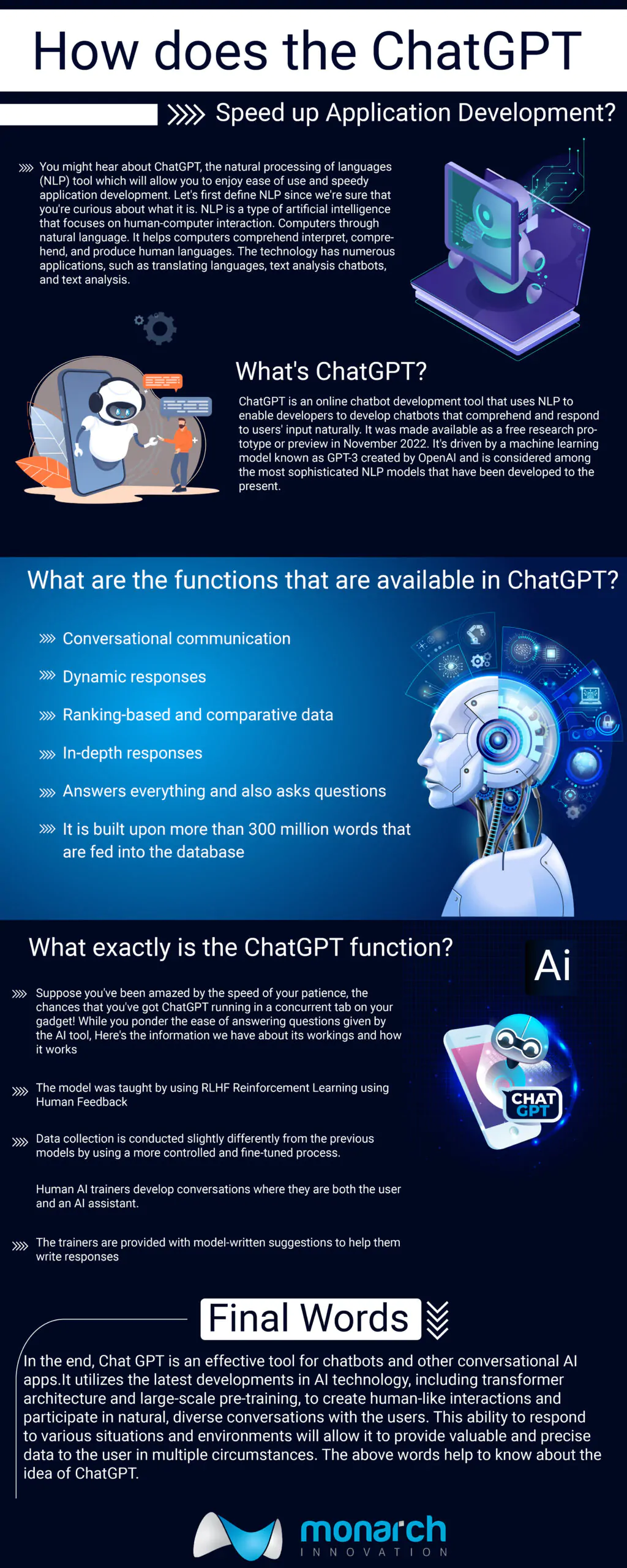
What’s ChatGPT?
ChatGPT is an online chatbot development tool that uses NLP to enable developers to develop chatbots that comprehend and respond to users’ input naturally. It was made available as a free research prototype or preview in November 2022. It’s driven by a machine learning model known as GPT-3 created by OpenAI and is considered among the most sophisticated NLP models that have been developed to the present. If you’re wondering why numerous acronyms and abbreviations are being used and what they are, Here’s the complete list of details!
GPT stands for “Generative Pre-Training Transformer,” which is an AI-powered language model. “Pre-trained” signifies that it is built on a text/word database that allows it to comprehend the patterns and structure in natural language. Thus, the responses are conversational. It takes into account the meaning of the question and then adapts to that.
“Transformational” structure can efficiently process lengthy sequences of data. It includes layers that prioritize specific words or phrases within each input. Then, the model can understand the significance and context of the data better. As a result, you receive better and better-organized responses. “Feed-forward layers,” as well as residual connections’ allow the model to recognize intricate patterns. This leads to an improved understanding of various terms and phrases.
What are the functions that are available in ChatGPT?
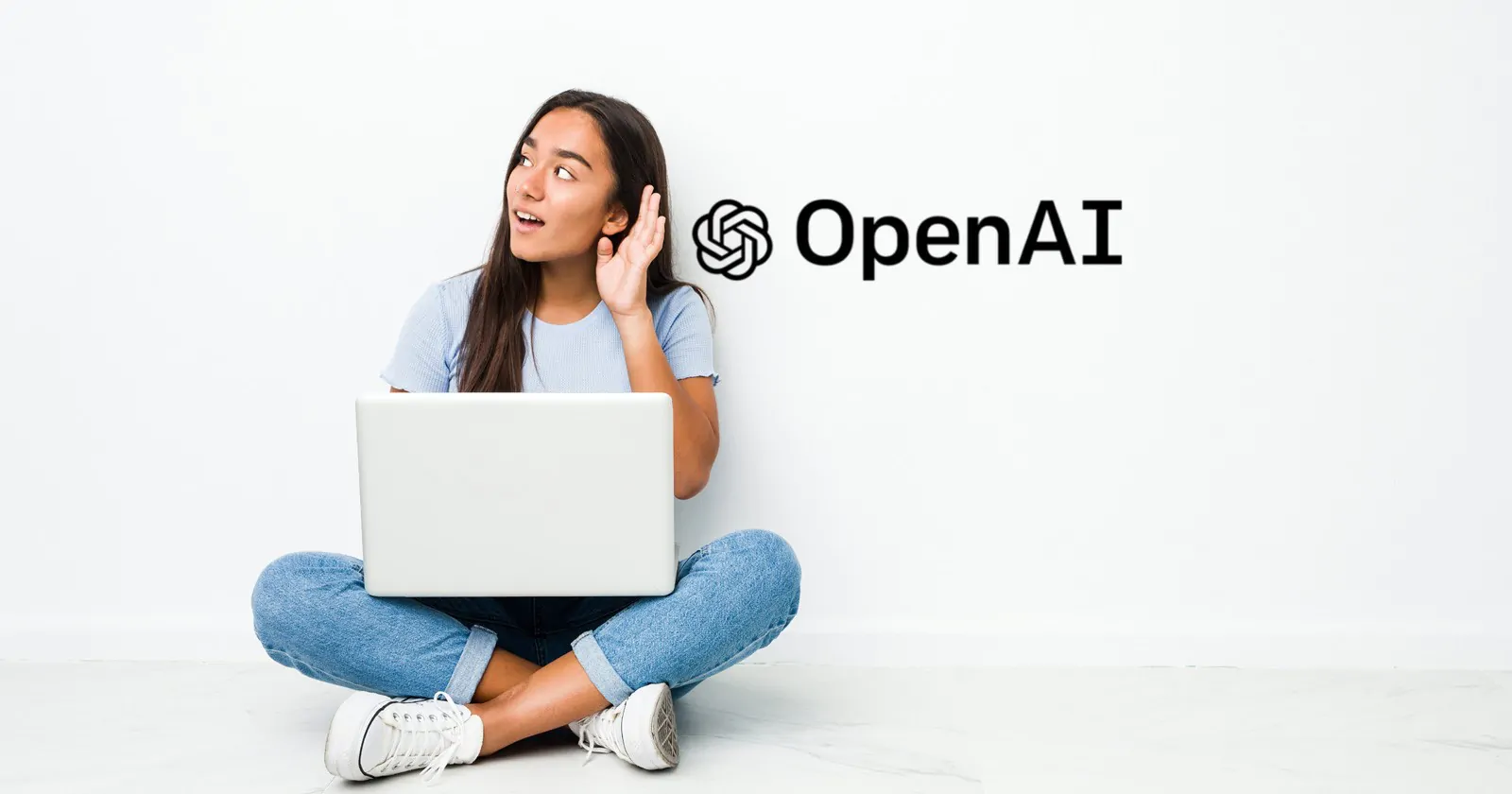
ChatGPT is written using the GPT-3.5 software for language, an artificial intelligence model created by OpenAI. It was trained using extensive text data gathered from many sources. What makes GPT different is that it produces text that is close to humans using its predictive capabilities. It is a conversational system that you talk to, and it calculates the following word in the sequence based on all the words that you’ve utilized previously. It isn’t easy to discern the output that GPT produces from what a human would say. Therefore, it is helpful in language translation, creating chatbot-generated text, or any other situation requiring a natural flow of conversation.
ChatGPT is a follow-up to older models of OpenAI similar to InstructGPT, GPT-3, and Codex. It has been refined from an earlier version of GPT-3.5, the GPT-3.5 Series, that concluded its trial/training time in the first quarter of 2022.
Mainly, the following are the functions of ChatGPT The following are the features of ChatGPT:
• Conversational communication
• Dynamic responses
• Ranking-based and comparative data
• In-depth responses
• Answers everything and also asks questions
• It is built upon more than 300 million words that are fed into the database
Learning continues even as it responds, eventually getting better at coming up with more effective answers every time.
What exactly is the ChatGPT function?
Suppose you’ve been amazed by the speed of your patience, the chances that you’ve got ChatGPT running in a concurrent tab on your gadget! While you ponder the ease of answering questions given by the AI tool, Here’s the information we have about its workings and how it works:
• The model was taught by using RLHF Reinforcement Learning using Human Feedback.
• Data collection is conducted slightly differently from the previous models by using a more controlled and fine-tuned process.
• Human AI trainers develop conversations where they are both the user and an AI assistant.
• The trainers are provided with model-written suggestions to help them write responses.
• The database was merged with the previous Instruct GPT data and then converted into a dialog format.
• The data on comparisons is gathered from models with two or more responses, ranked by their quality data from conversations AI trainers have had with chatbots.
• Many iterations of this procedure are performed to ensure that the model is then refined.
How can you make use of ChatGPT?
ChatGPT provides a review/research model that you can use.
• Sign up using an account on Google or Microsoft account or another email address
• You must have a phone number that you can call (not an actual one, however) to sign up with the code that OpenAI gives you.
• You can access the introduction page of OpenAI, which includes information about the operation, limitations, method and more.
• Enter your questions in the dialogue box, and it will generate replies.
• Utilizing a statement for input will result in different results than when you use an inquiry.
• While data is not available for events that occurred before 2021, it is possible to regenerate responses to receiving a variety of responses.
• ChatGPT keeps track of your conversations, as a human would admit to its errors and even questions some assumptions that you could have or make, and may refuse to provide an answer if it considers the question beyond its reach (oh yes! In that way it’s better than Alexa as well as Siri).
Final Words
In the end, Chat GPT is an effective tool for chatbots and other conversational AI apps. It utilizes the latest developments in AI technology, including transformer architecture and large-scale pre-training, to create human-like interactions and participate in natural, diverse conversations with the users. This ability to respond to various situations and environments will allow it to provide valuable and precise data to the user in multiple circumstances. The above words help to know about the idea of ChatGPT.
If you are looking for a company to help you know about artificial intelligence, app development Monarch Innovation is all you need! Monarch Innovation is passionate about innovation and enjoys figuring out new ways for distributed teams to work together better.

